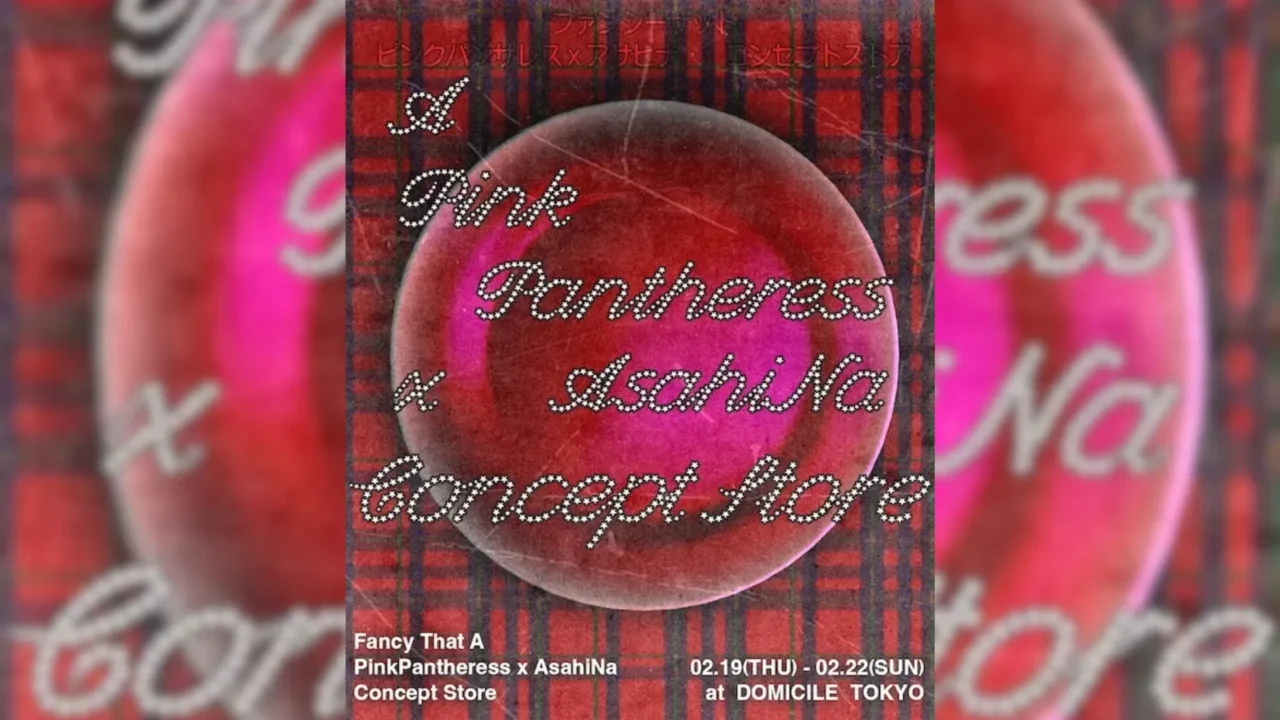INDEX
Sticking Too Closely to the Original Feels Restrictive, So I Choose to Sing My Own Songs
Blues! This is taking an unexpected turn.
Roka:I started listening to Eric Clapton, and that’s when my focus shifted from just vocals to also being interested in instruments. I began exploring instrumental music. I also listened to a lot of Tom Misch, who wasn’t as well-known at the time. He used to upload videos of himself making music on YouTube. As I started paying more attention to the instruments in music, I found myself enjoying improvisation as well. I found a new kind of joy outside of just singing.
This seems like quite a rare case. Why do you think this shift happened?
Roka:Hmm… (pauses for a moment) I think it’s because, at the dance and vocal school I was attending, I started singing songs with more complex arrangements. Instead of sticking strictly to the original, I started adding my own twist, like mimicking the way Justin Bieber or Bruno Mars sings, and gradually expressing my individuality. For some reason, I felt the urge to do that. But of course, at the school, they would tell me to stick closer to the original. So, I started thinking, “If I write my own songs and sing them, no one will complain.”
Maybe you don’t like being confined by rules?
Roka:I think that’s probably the case (laughs). At the school, the other students would compliment me, but the teachers would tell me to stop. That’s when a bit of rebellious spirit started to grow in me.
And that led to a shift in the way you listened to music?
Roka:As I started trying to write songs, I began learning about mixing and arrangements on my own. I started paying attention to things like how reverb is used, how the bass sounds, and how strings are arranged, which made me start to view music more holistically. Before, I was focused mostly on vocals, but now I started focusing on the overall structure and texture of the music. That’s when I became a fan of John Mayer. His songs are great, and his arrangements are very inspiring. I also started listening to Anderson .Paak and Hiatus Kaiyote, and I still love them to this day.
When you started composing your own music, how did you go about it?
Roka:I started by playing simple chords on an acoustic guitar that my dad bought for me. Then, I learned how to make tracks using a DAW (Digital Audio Workstation) on my laptop. I watched Tom Misch’s videos and learned from them. I would look up how to compose and arrange music on YouTube, practice making melodies on the keyboard, and just gradually honed my production skills.

It sounds like a big shift from the dance and vocal school. Starting from scratch must have been tough, did you ever face any setbacks?
Roka:Yes, I did. I started studying audio engineering and began doing mixes… and at one point, I kind of lost sight of the goal. I even thought maybe I should become an engineer instead. So, I actually quit music for a while. I stopped listening to music altogether, and during that period, I only listened to podcasts with my earbuds. Then, after more than a year, my passion for composing suddenly came back, and I decided to start creating music again.
At that time, were you still attending the dance and vocal school?
Roka:I’m not sure… I don’t really remember if it overlapped with that period.
So, you no longer considered debuting in a group?
Roka:No, I never really thought about joining a group. From the start, I was focused on finding a way to debut as a solo artist. I guess you could say I had a bit of a conflicted mindset. My desire to sing was always stronger than my passion for dance, so I knew I wanted to pursue a solo career.
























